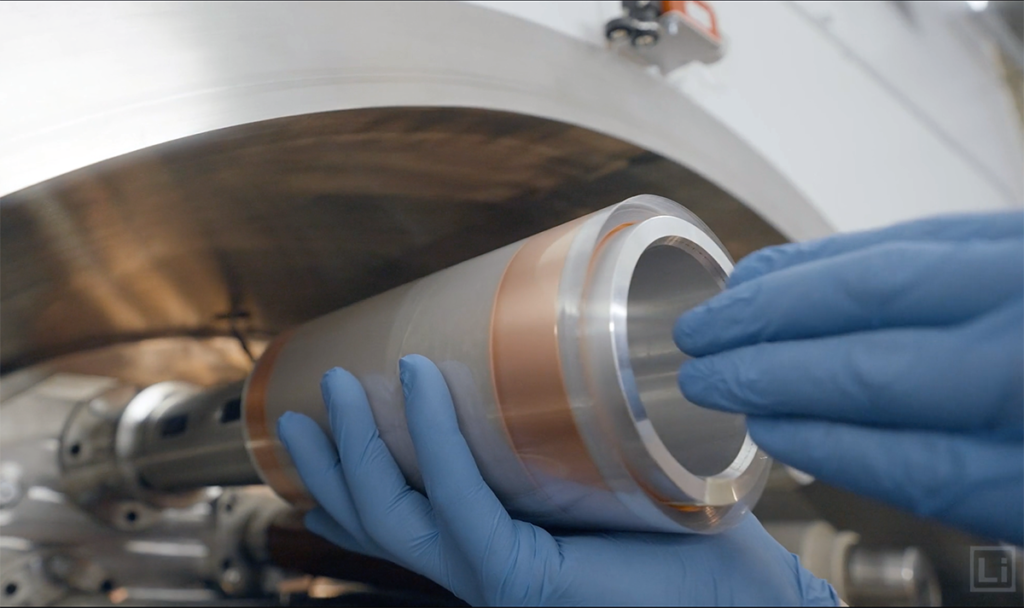Li-Metal completes concept study for world’s first carbonate-to-metal lithium plant


Ontario-based Li-Metal (CSE: LIM) has completed a concept study for what the company said could be the world’s first carbonate-to-metal lithium plant.
Currently, the primary method for producing lithium metal involves converting lithium chloride. However, this chemical compound is scarce and emits environmentally harmful chloride gas. Li-Metal’s technology involves using a molten salt bath to convert lithium carbonate, which is far more abundant than chloride, into lithium metal.
Once in production, the facility would have an annual capacity of up to 1,000 tonnes.
“The results of the study corroborated the viability of our vision and, importantly, further demonstrated that, in addition to reducing harmful chlorine gas by-product, a commercial-scale plant is expected to produce minimal GHG emissions,” Li-Metal CEO Srini Godavarthy said in a statement.
“We are currently discussing supply, investment and partnership opportunities with IRA compliant lithium carbonate producers as well as next-generation battery OEM’s,” he said. “We also remain actively involved in discussions with state/provincial officials to evaluate the feasibility of constructing a commercial plant at a brownfield site in North America.”
According to the company, in addition to eliminating chlorine gas by-product, the conceptual plant’s GHG emission footprint would be well below the required reporting levels under the relevant regulatory framework in Canada and the U.S.
Shares of Li-Metal fell 11% by 12:22 p.m. EST. The lithium developer has a market capitalization of $19 million (US$14 million).
THIS ARTICLE WAS ORIGINALLY POSTED ON MINING.COM
Comments